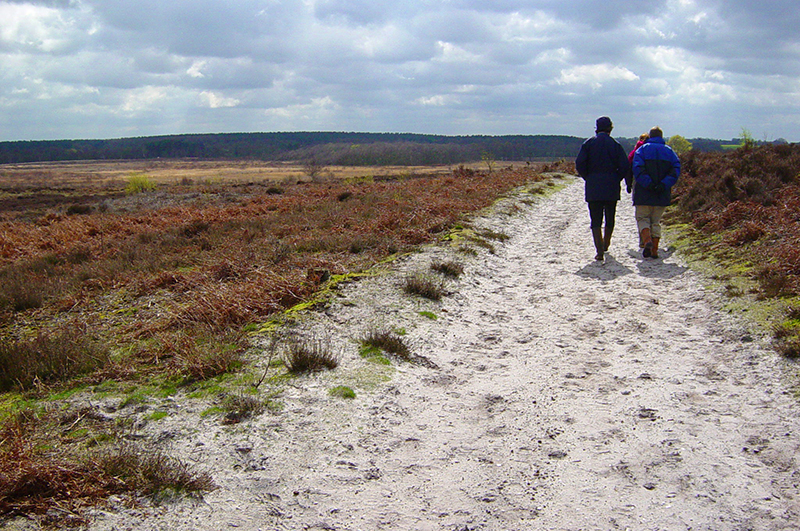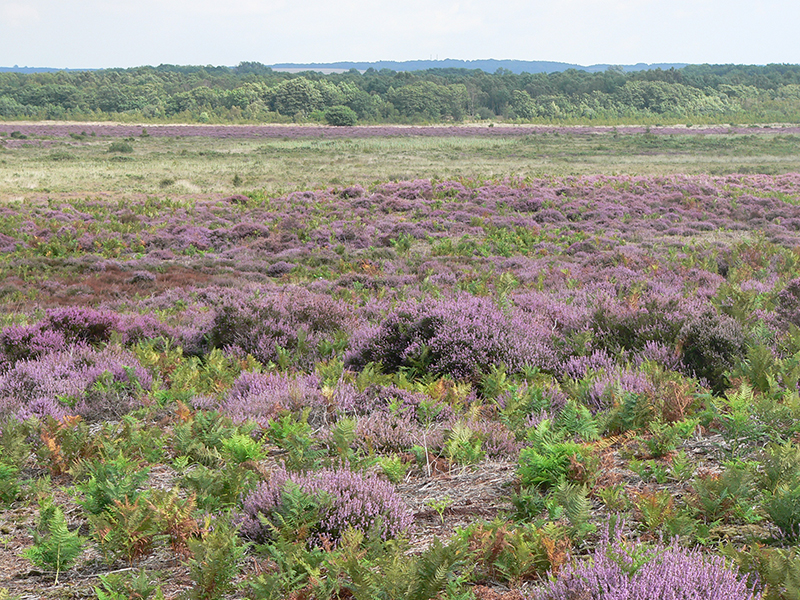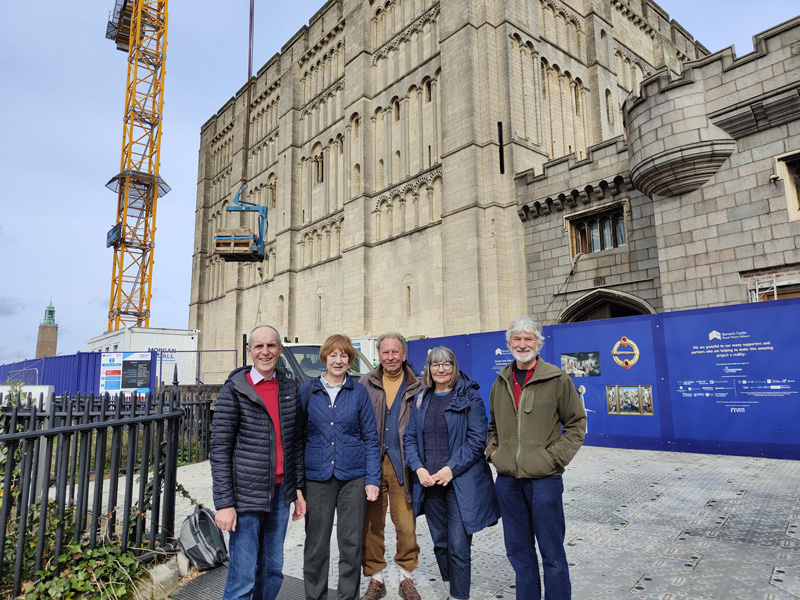Events in Norfolk and Suffolk / Tourist Attractions Norfolk and Suffolk / walks / Wildlife January 25, 2022

Fens East Peat Partnership: The Fens to benefit from Government funding to kickstart the restoration of peatlands
The Fens East Peat Partnership (FEPP), including Norfolk Wildlife Trust, are excited to announce they have been awarded a substantial “discovery grant” by Government as part of their progressive Nature for Climate Peatland Grant Scheme.
The Fens East Peat Partnership has been awarded £815,877 to explore the feasibility of restoring peatlands in the Fens. The government’s Nature for Climate Peatland Grant Scheme “discovery grant” will enable the partnership to investigate the state of peat on 20 sites and neighbouring areas across Cambridgeshire, Lincolnshire, Norfolk and Suffolk. The aim will be to develop site restoration plans for those peatland sites.
Lincolnshire Wildlife Trust are leading the project on behalf of The National Trust, Natural England, Norfolk Wildlife Trust, RSPB and the Wildlife Trust for Bedfordshire, Cambridgeshire & Northamptonshire. These organisations have been working together across the Fens for many years through the Fens for the Future partnership.
Lincolnshire Wildlife Trust, Head of Conservation, Tammy Marie Smalley, says, “These are very exciting times, as peatlands are now in the spotlight as a habitat that, if managed correctly, can help us address the two environmental crises, climate change and biodiversity loss. The Fens are incredibly important for an array of threatened species, but also as the bread basket of our nation’s food production. We want to work with our partners and neighbours to ensure that water resource management delivers for peatland restoration and much more besides.”
Eliot Lyne, Norfolk Wildlife Trust CEO, added: “The Fens, which cover significant parts of west Norfolk, as well as Cambridgeshire and Lincolnshire, make up one of the largest areas of remaining lowland peat in the country.
“In Norfolk we will be working with landowners across seven sites in and around the west of the county, including NWT Roydon Common, Natural England’s Dersingham Bog as well as areas of privately owned farmland.
“Together, we are investigating the potential to restore as much as 1100 hectares of peat soils across the county.
“What we learn in the coming year is the first step in achieving our vision to revitalise Norfolk’s wildlife-rich, fens landscape.
“By exploring the best places to regenerate areas of peatland and supporting the development of innovative land management practices for this special environment, we can protect and enhance a vital resource for both wildlife and people.
“As well as offering potential protection against flooding, improving water quality and providing new places for people to connect with nature, a landscape filled with healthy peat-based wetlands will teem with life, supporting a variety of wildlife species including dragonflies and damselflies, breeding waders, bitterns, cranes and otters.”

The Fens East Peat Partnership project is one of 10 projects from across the country that have been awarded Nature for Climate Peatland Discovery Grants.
Norfolk Wildlife Trust are also partners in a second cross-sector partnership led by the Broads Authority that has been awarded £800,000 to explore peatland restoration and new farming methods to prevent carbon losses in the Norfolk Broads. The partnership aims to work on 13 sites across the Broads, including NWT Alderfen Broad and Marshes and NWT Upton Broad and Marshes, to find ways to restore wetland so it captures more carbon, as well as improving flood risks and habitats for wildlife.
Peatlands are Earth’s largest terrestrial carbon store, holding more than twice the amount of carbon in all the world’s forests. They cover 10.9% of England’s land area. Unfortunately, 87% of our peatlands are degraded. In this state, they do not capture and store carbon but emit an estimated 10 million tonnes of carbon dioxide equivalent every year.
The Government’s Nature for Climate Peatland Grant Scheme aims to capture this carbon by setting 35,000 ha of degraded peatland on a path to restoration by 2025. This will help deliver the UK’s Net Zero target. It will contribute to the Nature Recovery Network with wider benefits to biodiversity, water quality and natural flood management.

The grants will help groups develop new projects seeking to restore peatland systems to a natural and healthy state at a landscape scale. The funding will be delivered by Natural England and will help unlock barriers to peatland restoration, enabling projects that would struggle to gain funding to be in a position to apply for future rounds of peat restoration funding.

www.norfolkwildlifetrust.org.uk
More local wildlife on iceniPost https://icenipost.com/category/wildlife/








